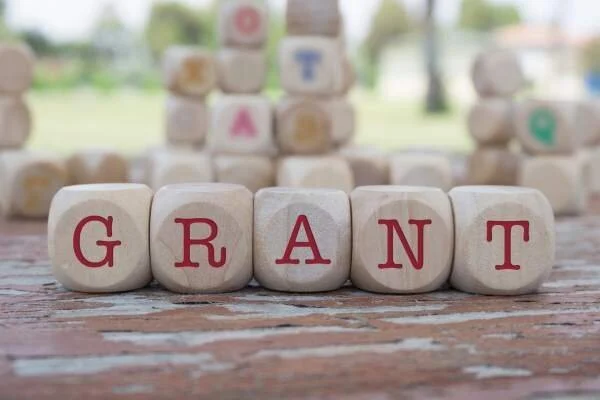Deadline: 15-Sep-2025
The TREE Fund is inviting applications for its Safe Arborist Techniques Fund (SATF) Grant Program, which supports research and development focused on improving the safety of arborists. The program encourages studies on techniques and equipment used in tree climbing, rigging, and overall tree work, as well as on identifying hazards in arboriculture to create a safer work environment.
For 2025, SATF grants must contribute to practical research in areas related to worker safety and biomechanics. This includes investigating how trees fail, what causes such failures, and what practices or techniques can help protect workers, property, and the public from harm.
Suggested research topics include decay assessment and spread, tree inoculation for root decay, response growth, mechanical pruning, lightning protection systems, tree support systems such as cabling, machine-assisted climbing, and biomechanics. However, applicants are welcome to propose other relevant safety-related topics.
The maximum grant award available is $15,000, and funded projects must be completed within two years from the time the funds are disbursed. The budget can include compensation, travel, equipment, materials, contract labor, and overhead (up to 10%). Applicants are required to demonstrate a minimum of 10% matching support through cash or in-kind contributions. Unrecovered institutional overhead may count toward this requirement.
TREE Fund will not fund projects that include grants to individuals, municipal tree surveys, tree planting, traditional forestry or conservation studies, or product testing that primarily benefits the manufacturer.
Principal investigators, co-investigators, and student assistants are eligible to apply. Reviewers will prioritize applications based on the team’s past accomplishments, the potential impact on the arboriculture industry, the quality and clarity of the research approach, and the dissemination strategy.
Applicants must submit a project description that includes a 400-word summary outlining the problem, its relevance to arboriculture and urban forestry, and the project’s goals. They must also describe expected outputs and list up to five measurable outcomes in no more than 250 words.
A detailed review of existing knowledge and past research must be provided, up to 1,000 words, along with a 1,500-word work plan describing hypotheses, methodology, and analysis. Any elements that may have commercial or proprietary value must be disclosed in the application.
A 300-word dissemination plan is also required. This should explain how the results will be shared with both scientific and practitioner communities. TREE Fund expects research findings to be freely accessible, though it acknowledges the need for academic publishing timelines. Literature citations must follow a standard format and be listed alphabetically by author.
For more information, visit TREE Fund.
